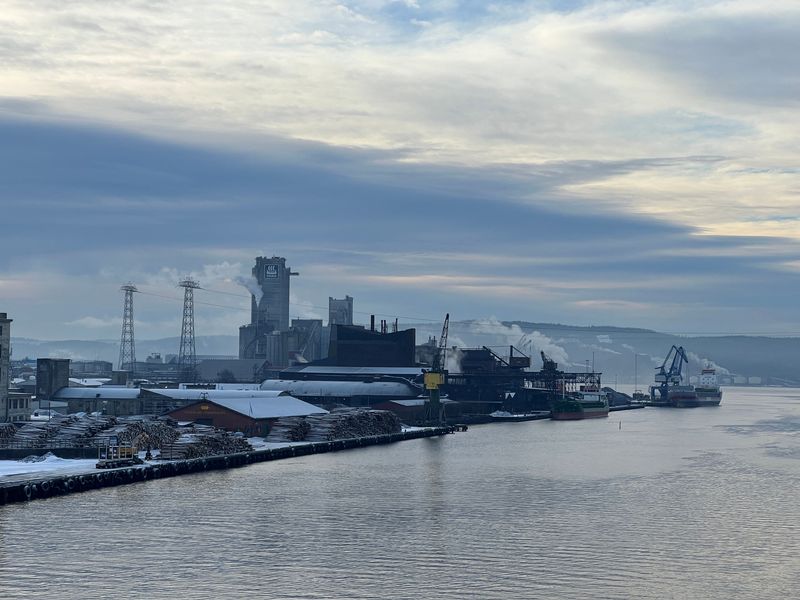By Jesus Calero
(Reuters) -Yara International, one of the world's largest fertilizer producers, reported a bigger-than-expected 47% jump in its third-quarter core profit on Friday, helped by its focus on core operations to boost profitability.
"Yara is delivering all-time high production performance and strong premiums this quarter, a testament to the robustness of our operations and the value of our core business," CEO Svein Tore Holsether said in the statement.
The Norway-based group's shares rose 4.4% by 0806 GMT, outperforming the Oslo benchmark index that was broadly flat.
While European deliveries remain below pre-2022 levels, Yara said improved margins from phosphate-rock upgrading and stable potash prices led to stronger-than-expected results, setting it up for profitability once market conditions stabilize.
It also benefits from moving the most energy-intensive parts of production, such as ammonia, from Europe to regions with lower energy costs and a more favourable regulatory environment, like the U.S., Holsether told Reuters.
"The concern that I have is that we're laying down our guard because now energy prices are at a lower level than what we saw in 2022 ... But we were paying more than twice as much for natural gas in Europe this year compared to what would be a normal level before the war," Holsether said.
Vast amounts of natural gas are required to produce fertilizers, so when gas prices surged following Russia's invasion of Ukraine, they became more costly to produce and thus more expensive for farmers to buy.
Yara said the costs of buying natural gas in the fourth quarter were expected to be in line with last year's level, while in the first quarter of 2025 they were projected to be $60 million higher year on year.

Its earnings before interest, tax, depreciation, amortisation (EBITDA), excluding items affecting comparability, soared to $585 million in the third quarter, while analysts had forecast $482 million on average.
J.P.Morgan analysts said in a note the results were "a beat on all lines", with the earnings beat mainly driven by better-than-expected net pricing.